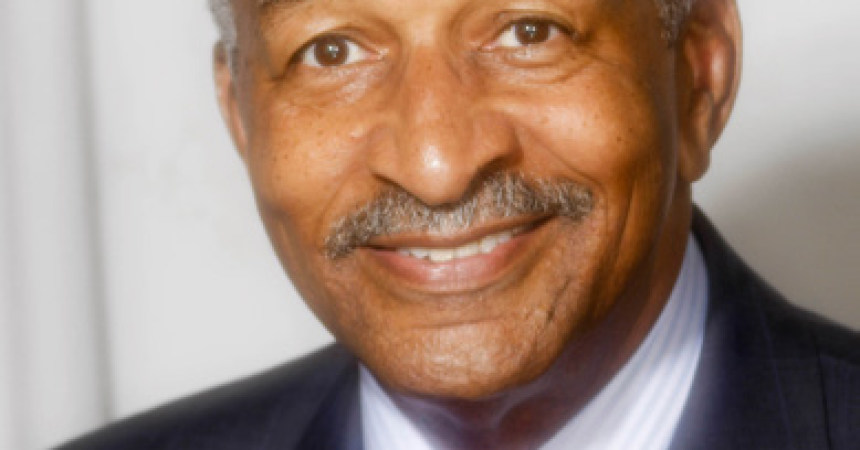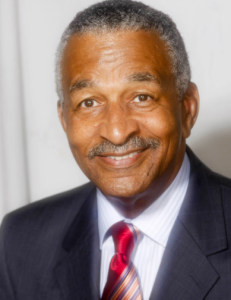
Bible lessons – Then and now
[subtitle] “In the land of the blind, the one-eyed man is King.” [/subtitle]
By James Clingman
Trice Edney News Wire
This article is being written without the bias or prejudice of commentators and political pundits. It is unfiltered and a result of my not having watched the final vote tallies and not even knowing who won the presidential election until 7:30 a.m., the morning after. I have not yet watched or listened to news shows and have not discussed the results, in-depth, with anyone.
That disclosure is important because I want you to know this is not an emotional treatise; it is a pragmatic substantive assessment of what took place on Nov. 8, but throughout history as well. We are too emotionally engaged in politics rather than being substantively engaged; and now as many grieve and cloak themselves in sackcloth and ashes, the undeniable and inescapable question is: What now?
In the early chapters of Exodus we find that God hardened Pharaoh’s heart against releasing His people. After multiple plagues, Pharaoh still resisted. God told him, “But I have raised you up (spared you) for this very purpose, that I might show you my power and that my name might be proclaimed in all the earth.”
Judges 2:11 says, “Then the children of Israel did evil in the sight of the Lord, and served the Baals…the people did what was right in their own eyes,” instead of what God wanted them to do. On several occasions they cried out for a Judge, which God sent each time, but even after twelve Judges, the people reverted back to “doing what they saw fit.”
In 1 Samuel 8, the people cried out for a king, even though God was their King. After Samuel warned them of what they would suffer under an earthly king, the people, nevertheless, said, “We want a king!” They got Saul, the leader they surely deserved. And in 2 Chronicles 7,
God similarly warned King Solomon against forsaking His word.
This is not a sermon but a reflection on similarities between then and now. God turned His people over to the Philistines, the Assyrians, the Babylonians, and other evil doers, in order to show His people the error of their ways. Last night this nation elected a man who has actually insulted God by saying he has “never asked God for forgiveness” because he is “a good person.” After saying that, he was endorsed by Jerry Falwell, Jr. and other so-called “evangelical Christians.” 1st John 1:10 says, “If we claim we have not sinned, we are calling God a liar and showing that his word has no place in our hearts.” Trump went on to say that he does not “regret never asking God for forgiveness…”
My point is this: We now have a king. We have a king who has let us know what kind of person he is and what he wants to do during his reign. Against all odds, he won authority over us, despite all of the evil things he has said and done. So now we should reflect on our situation and determine what we must do.
Don’t get depressed; don’t hurt yourself or someone else; and don’t check out and never try again to move forward. Look for the lesson in this, especially if you are a spiritual person and believe that God is in control of all. Who knows? Like He did with Pharaoh, God just may have “raised up” Donald for this day and time.
In the confusion, hurt, and anger you may feel, you must act upon the lesson (I see it as an opportunity) by changing your life, or at least by improving on the positive things you are already doing. After all, we have seen this act before, historically and contemporaneously, and we have survived.
The 9/11 mantra was “May God bless America,” to which I wrote back then, “America should bless God,” because He has already blessed us tremendously. Yet, even after 9/11, we acquiesced to politicians who legislated in opposition to scriptural tenets; we turned a blind eye to our current President when he supported abortion and marriage between two men or two women. Maybe we are being held accountable now.
“As I close,” there are several economic lessons in Scripture; I will cite two, one old and one new. In Genesis 41, Joseph’s work gives us a great example of warehousing, storage, inventory control, and distribution. He prepared for the future of his people by acting before a crisis rather than waiting for one to occur. In Acts 2, the first Church demonstrated its members’ understanding of collective empowerment by pooling their financial resources so that everyone could benefit.
We must learn from righteous economic and political examples of the past, and implement their lessons in today’s world.







